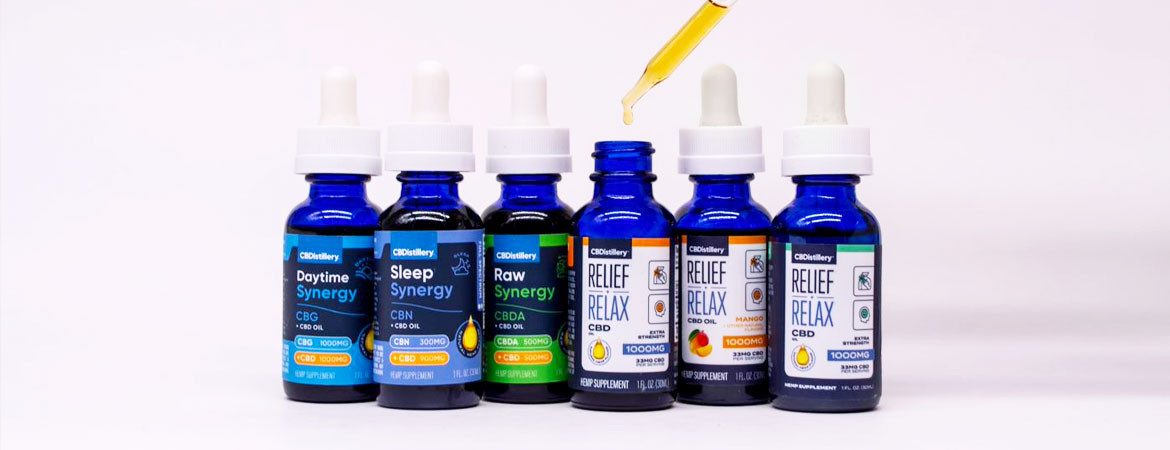- Free Shipping Over $75
- 60-Day Money-Back Guarantee
Shop Popular Products
Made from US-Grown Industrial Hemp
100% Clean Ingredients
Rigorously Tested, Quality Assured

If you’re new to the world of hemp-derived CBD, you may have a few questions like, ‘Where is the best place to buy CBD?” or “Do I need a prescription to purchase CBD?”
As CBD has become a more mainstream remedy for natural relief for people with diverse ailments, many CBD advocates believed this would clear up some of the confusion and questions about the use of hemp, but with so much information out there surrounding the legality of CBD, this is not always the case.
If you’re interested in adding CBD (cannabidiol) to your daily routine, you’ll likely be pleased to know that most people can purchase CBD in retail stores, specialty shops, and online — without a prescription.
Many people are curious about CBD, but somewhat perplexed after discovering that cannabidiol is a plant element found in cannabis. It’s likely even more confusing for anyone who might have read that CBD is legal in every state, but knows someone who has a prescription. This discrepancy illustrates an important point; there are two potential sources of CBD, marijuana, and industrial hemp. In states where the recreational use of marijuana has not been approved, but medical cannabis has, using CBD products sourced from marijuana requires a prescription.
That’s because the oil extracted from marijuana typically contains varying amounts of CBD, but higher levels of THC (tetrahydrocannabinol).1 THC is the plant element that causes the type of intoxication marijuana is known for. CBD products sourced from marijuana need to be purchase through a cannabis dispensary in most states.
Although marijuana and industrial hemp are members of the same plant species, the oil extracted from industrial hemp contains high levels of CBD and only trace amounts of THC. To be classified as industrial hemp, the plant must contain 0.3 percent THC or less. That’s not nearly enough THC to cause intoxication, even if you were to consume large quantities of a hemp-derived product. Since hemp-derived CBD does not contain enough THC to cause intoxication, hemp sourced products are available to almost anyone who wants to experience the health and wellness potential of CBD.
That health and wellness potential is explained by the way CBD interacts with the receptors of an important regulatory system discovered a relatively short time ago, the receptors of your endocannabinoid system. CBD takes on the role of an ECS messenger by mimicking the effects of several important chemicals produced in your body. This support helps keep communication flowing and essential processes working as they should. The effects of supporting ECS function with CBD depends on which systems might be affected through ECS signaling.
The cannabinoid-rich oil extracted from the stalks, stems, and flowers of mature hemp crops can be used in many types of products. If you’ve been wondering what type of CBD product might best suit your needs, consider trying one of the following options.
Once you’ve determined which type of CBD product you find most appealing, you’ll want to decide between full-spectrum CBD, broad-spectrum CBD, or products made with CBD isolate. Full-Spectrum CBD is the product that contains all the additional cannabinoids, plant-terpenes, flavonoids, and other plant elements in the same ratios as the original plant source, including the trace amounts of THC. Many CBD users consider full-spectrum products the more potent option because of the way each plant element maximizes the effect of the others, a phenomenon unique to cannabis known as the entourage effect.
If you live in a state that allows the use of CBD but not THC, you should choose broad-spectrum CBD, or a product made with CBD isolate. Broad-spectrum CBD contains most of the same cannabinoids, flavonoids, and terpenes as full-spectrum CBD, but not the THC. CBD isolate products contain CBD but no other plant components, which means isolate products also contain 0% THC.
As consumer interest in hemp-derived CBD continues to grow, so does the number of companies eager to add CBD products to their inventory. Unfortunately, far too many companies are selling questionable products unlikely to deliver the results you might be looking for. You can protect yourself by placing your trust in a reputable company committed to quality, safety, and transparency. Whether purchasing in person or online, it’s important to know how the products you select stack up against the following recommendations and observations:
Although Hemp-derived CBD is a safe, natural product with an impressive list of potential health and wellness benefits, a few states have not yet approved hemp-derived CBD for their residents, so it’s important to be aware of current legislation in your area.2 However, most people find that hemp-derived CBD is available without a prescription as long as the THC content is 0.3 percent or less.
If you’re interested in learning more about the health and wellness potential of hemp-derived CBD, download The Ultimate CBD User Guide at CBDistillery™. While you’re there, consider our high-quality assortment of full-spectrum, broad-spectrum, and 0% THC CBD products. All CBDistillery™ non-GMO tinctures, capsules, gummies, vapes, and CBD topicals are third-party tested.
Additional Sources: